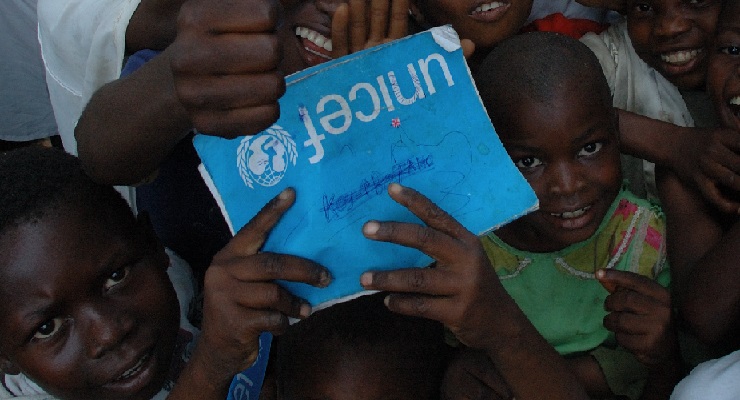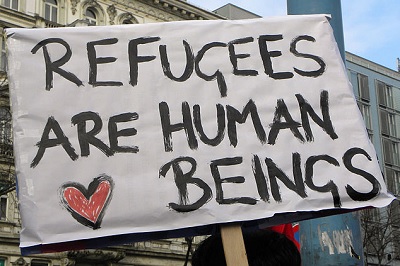
According to UNICEF, as of 2016, there are 300,000 unaccompanied child refugees and separated children globally, which is 66,000 more than in 2010 and a five-fold increase over the last seven years. Up to 100,000 of these children were taken into custody after attempting to cross the U.S.-Mexican border, and 200,000 had sought asylum in 80 countries, most of which are European.
Often these children are orphans, but a reasonable number are seeking to join relatives who have managed to effectively reach the destination country. Others are sent out alone by parents, hoping that the loner status of their children will give them a greater chance at a successful migration.
Given the recent growth of this problem, UNICEF plans to initiate the G7 Summit in Italy at the end of the month to encourage world leaders to commit to a six-point agenda to protect refugee and migrant children from exploitation, violence and incarceration. The goal is to provide minors with resources, in terms of healthcare and education, while working on keeping families intact.

Yet beyond these immediate concerns, the initiative also seeks to address the underlying issues that are causing the influx in child refugees on a wide scale. More specifically, the measures call for combating global movements towards xenophobia and intolerance in countries that serve as both transit stops and final destinations for refugees.
Danger of inaction is already playing out. The International Organization for Migration has recently reported that hundreds of African refugees and migrants crossing Libya have been detained as slaves in markets for forced labor and sexual exploitation.
UNICEF says countries housing refugees need to offer better support than overcrowded shelters, which dangerously encourage the children to fall victim to street life and makeshift camps. Furthermore, the organization calls for unaccompanied children to be housed in separate institutions for foster care than adult detention facilities.
UNICEF’s outspoken call for action on this issue had previously allowed for Italy’s parliament to pass a law that establishes comprehensive standards of care for unaccompanied refugee children arriving by sea. With this new law, there is a guarantee to healthcare access for unaccompanied minors and a more conservative prohibition on rejecting children at the border. Following the passage of the law, UNICEF hopes to continue to garnish support and foster new policies and humanitarian actions, which will purportedly commence with the summit to come.
Leave a Reply